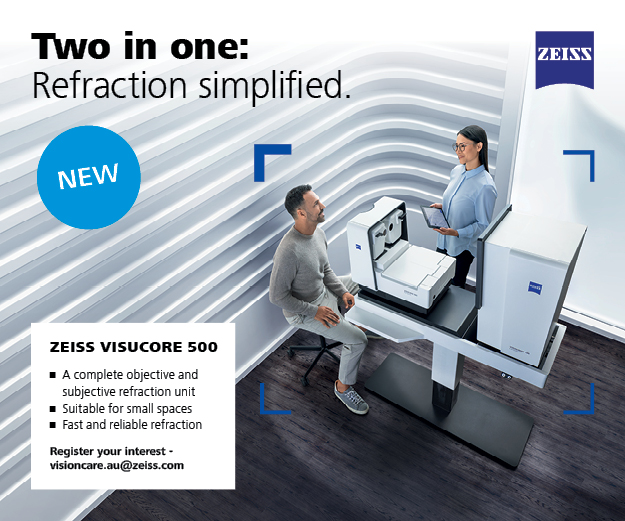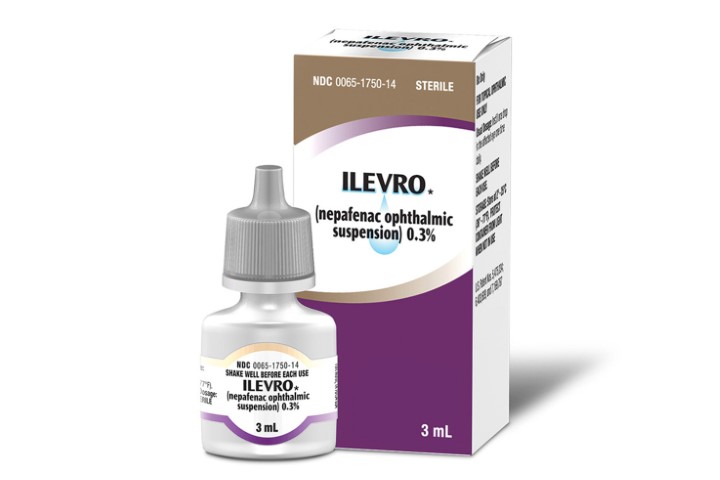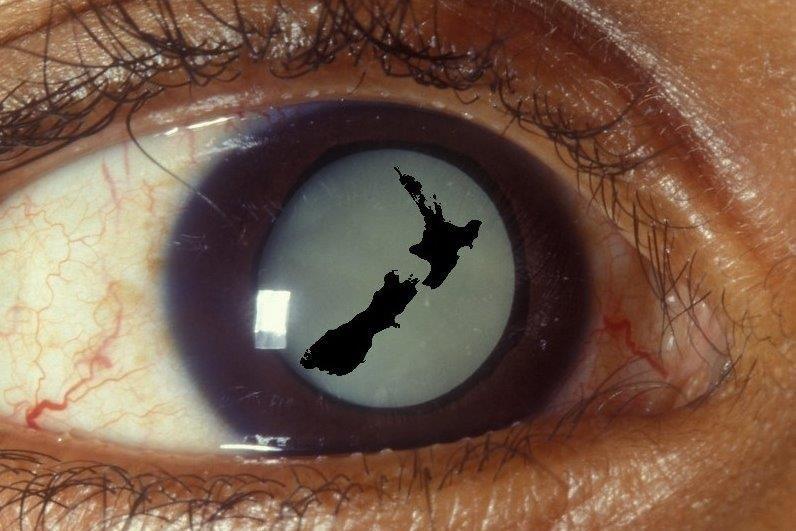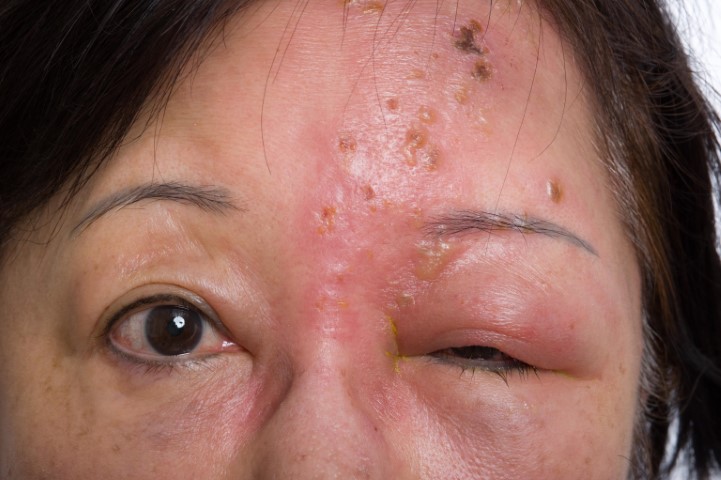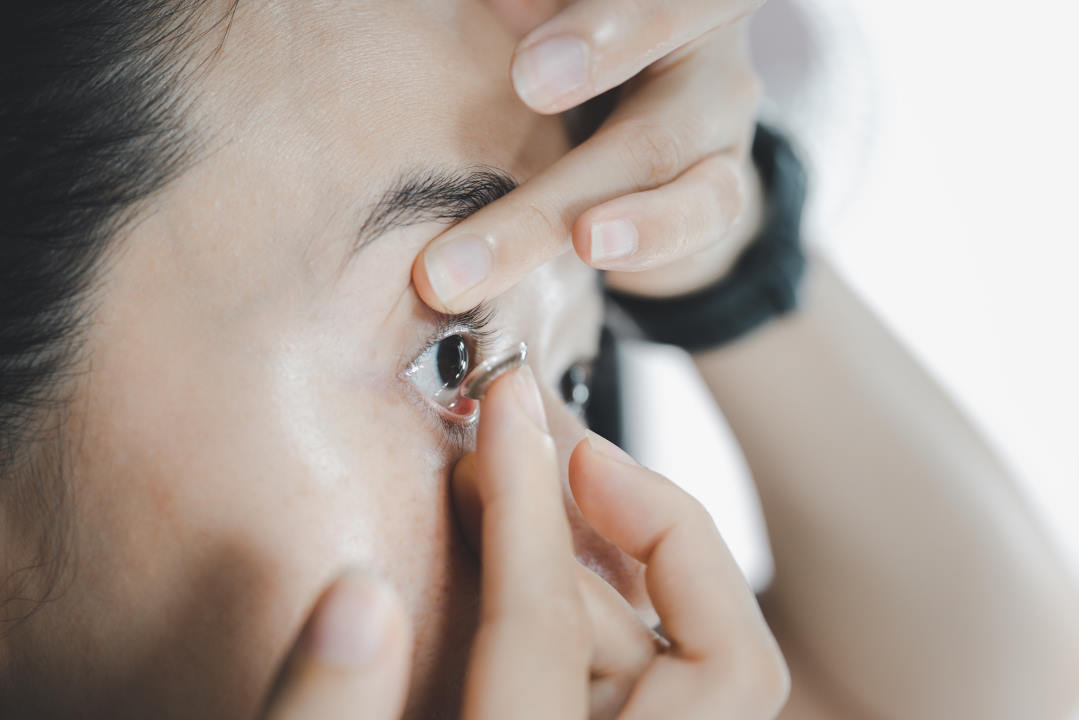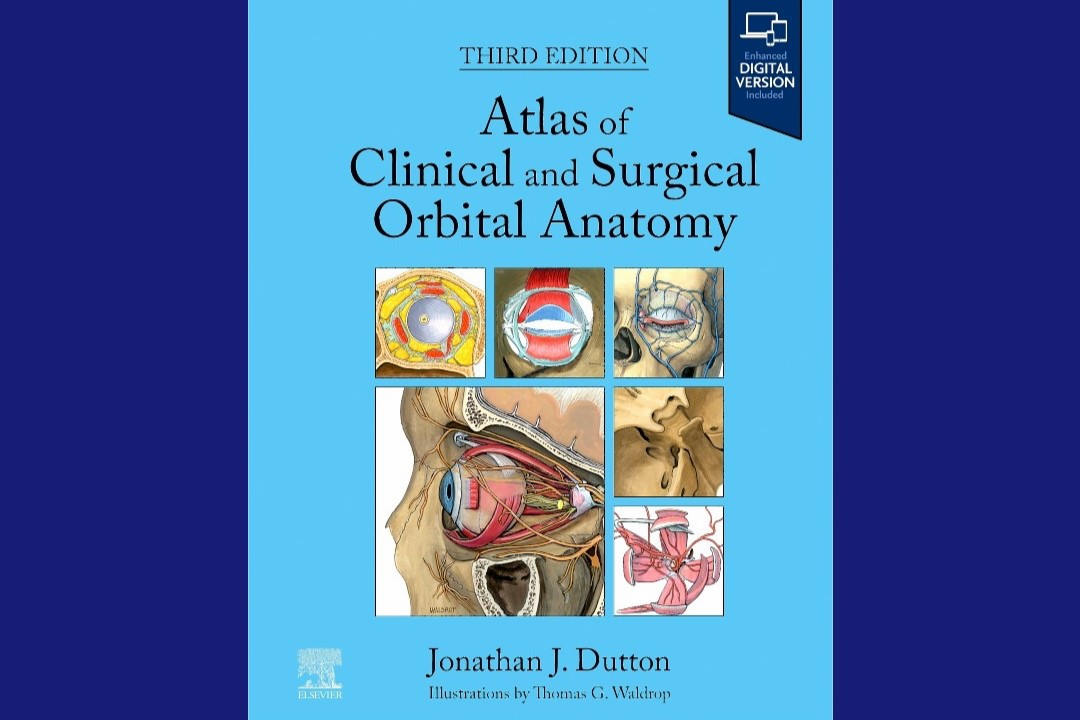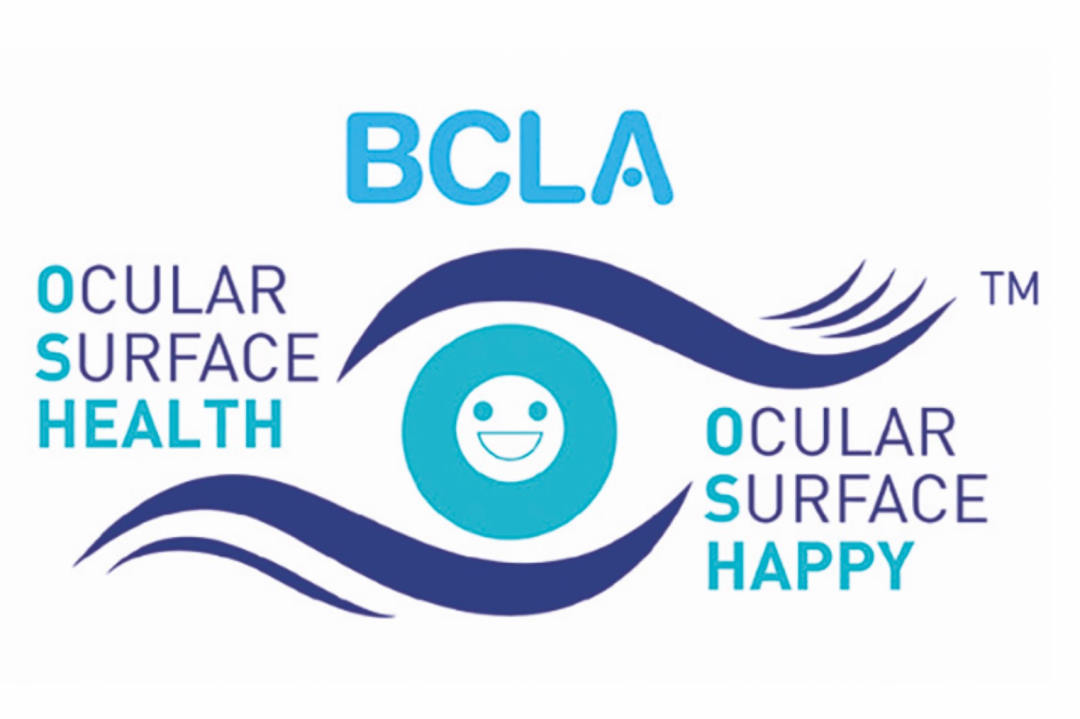Taking the sting out of cataract surgery
What is expected to be permanent Pharmac funding of Ilevro, a non-steroidal anti-inflammatory drop for post-cataract surgery patients, has been welcomed by New Zealand eyecare professionals.
Ilevro (nepafenac 0.3% ophthalmic suspension) is a “dream come true” for cataract patients who would have previously been prescribed Voltaren drops, which really sting, said Jagrut Lallu, co-owner and senior optometrist at Rose Optometry in Hamilton. “I only know about it because I recently had surgery myself and had to sort out my medication. It’s on the [Pharmac funding] schedule now and it’s light years ahead of Voltaren.”
The Voltaren data sheets say approximately 15% of patients have ‘transient stinging and burning’, said Nick Mathew, optometrist and clinic director at Re:Vision Laser & Cataract. “But I would say the stinging is almost universal; it’s just that some patients are affected by it more than others.”
Ilevro has actually been available off and on for the last three years, he explained. “When Voltaren supplies were low in January 2021, Ilevro was brought in as a funded alternative. We hoped it would continue to be funded, but once Voltaren supply resumed in July 2021, Ilevro was de-funded and it was back to Voltaren.” However, with Voltaren production ceasing, it will be delisted from the schedule in December 2024, meaning this time it should be a permanent change to Ilevro, said Mathew.
Ilevro’s thickness means it blurs the vision a little, so it’s recommended patients use it at bedtime for an overnight anti-inflammatory effect, he said. “They use their dexamethasone drops in the daytime, so I believe we have better anti-inflammatory cover this way. Clinically, there seems to be little difference to Voltaren, but patient comfort and once-daily dosing (compared to four times daily with Voltaren) are major advantages.”
Mathew said he expects this will lead to better patient compliance and, therefore, post-surgery outcomes. “Voltaren really stings. Patients prefer Ilevro, for sure. Hands down, it’s better.”
The drops have other ocular roles beyond cataract surgery recovery, he added. “Post-surgical is the main reason it is prescribed by me, in place of Voltaren or Acular (ketorolac). I have prescribed it twice daily for episcleritis with good effect.”
Although the preservative benzalkonium chloride (BAK), whose cornea-damaging effects have been highlighted in a recent Glaucoma New Zealand campaign, is used in Ilevro, Mathew said this shouldn’t be a major concern for post-surgery use. “While it is helpful to avoid BAK in long-term medications, it can assist the penetration of the drop and improve clinical effectivity.”





